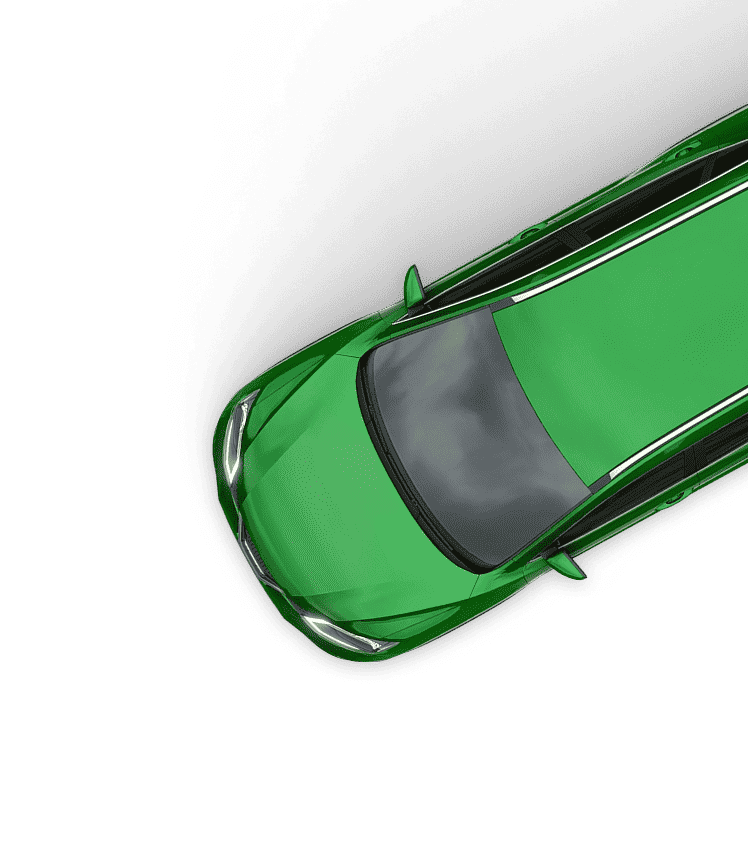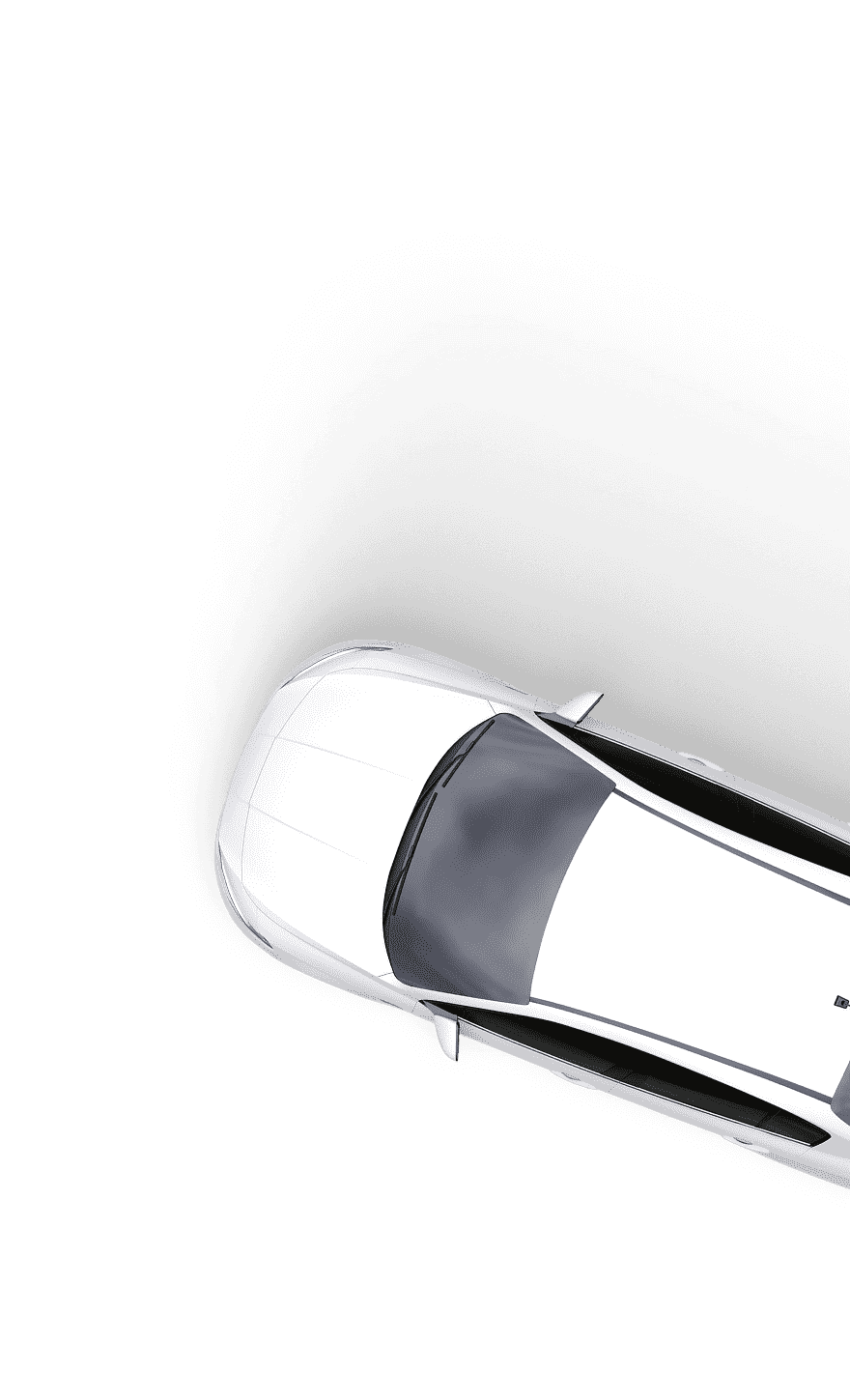How Do I Reclaim My Unused Road Tax?
Unused road tax is the portion of your vehicle tax you’ve already paid but no longer need because your car has been scrapped or sold.
When a car is scrapped correctly through an Authorised Treatment Facility (ATF), the DVLA automatically cancels the road tax and issues a refund for any full remaining months. You don’t need to apply or fill out any extra forms; the process happens once the DVLA receives confirmation that the vehicle has been scrapped.
To answer this and other questions you might have, I’ve put together a quick guide on (a) how your road tax refund works and (b) what you can expect after scrapping your car.
Can I get a refund on road tax after scrapping my car?
Yes, you’re entitled to a refund for any full months of unused road tax after scrapping your car. Since 2014, car tax can’t be transferred to a new owner, so whenever a vehicle is taken off the road, sold or scrapped, the registered keeper automatically becomes eligible for this refund.
After you take the car to an ATF (or have us pick the car up for free), you’ll tell the DVLA you’ve scrapped your car. Once they get that notification, the DVLA will automatically cancel your tax and issue a refund by cheque within six weeks.
That’s why it’s crucial to notify the DVLA as soon as your vehicle is scrapped: it triggers the refund process.
How to claim DVLA road tax refund back
To claim your DVLA road tax refund, there’s no complicated process. It happens automatically once you’ve followed the right steps.
Here’s what to do to make sure you receive your refund quickly and without issues:
- Make sure your car is scrapped correctly. Your car legally has to be scrapped at an Authorised Treatment Facility (ATF). Only ATFs can legally dismantle vehicles and issue a Certificate of Destruction, which is what confirms your car has been properly destroyed and officially taken off the road.
- Notify DVLA of your vehicle’s disposal. You can do this online in about two minutes. All you’ll need is your V5C logbook details. Alternatively, you can post the yellow V5C/3 (Section 4 on new logbooks, Section 9 on old ones) to DVLA, Swansea, SA99 1BD, though keep in mind postal notifications take several weeks to process.
- Submit the necessary paperwork. You’ll hand your V5C to the scrapyard, but keep Section 9 to notify the DVLA yourself if needed. The ATF will issue a Certificate of Destruction (CoD) once they’ve dismantled and recycled the vehicle. Keep this document safe, as it confirms your legal responsibility has ended.
- Await your refund. Once the DVLA processes the notification, they’ll automatically cancel your vehicle tax and issue a refund for any full remaining months. The refund is sent by cheque to the name and address on the V5C and usually arrives within six weeks.
How much road tax refund am I entitled to?
Your road tax refund is based on the number of full months remaining on your vehicle tax at the time your car is scrapped. The DVLA calculates the refund from the date they receive confirmation that your car has been destroyed, not the day you hand it over.
If your car is scrapped halfway through a month, you won’t receive a refund for that partial month. Only full unused months count toward your refund.
- Example 1: You pay £240 for 12 months of road tax in January and scrap your car in July. The DVLA receives confirmation on 10 July. You’ll be refunded for five full months (August through December) so your refund will be £100.
- Example 2: If your car is scrapped near the end of a month and the DVLA processes the paperwork in the following month, the refund may start from that later date. That’s why I advise you to act quickly so you don’t lose a month’s worth of refund.
What happens if I’ve sent my V5C already?
If you’ve already sent the relevant section of your V5C back to the DVLA, don’t worry – you won’t miss out on a refund.
Since the new style road tax applies to the registered keeper of the car, instead of the car itself, the DVLA will see that you’ve sold your car/vehicle and issue a tax refund automatically. If you want to be certain your refund is being processed, you can contact the DVLA on the details below.
What happens if I make a SORN?
It’s not just scrapping or selling your car that will result in a DVLA tax refund cheque. You’ll also get a refund if you make a Statutory Off Road Notification (SORN) indicating that your car is not being driven or stored on a public road.
You can make a SORN using the DVLA’s online service. If you’re applying for a SORN on a car that’s currently taxed, you’ll need either the 11-digit number from the vehicle’s V5C.
After making a SORN, you should automatically receive your DVLA SORN tax refund cheque within 4 to 6 weeks.
I’ve applied for a car tax refund – how long will it take?
The DVLA tax refund process can take up to 6 weeks to complete. If you haven’t received a refund after that time, you can get in touch with the DVLA about a tax refund with the following contact details:
DVLA vehicle registration and tax contact
If you want to get in touch with the DVLA regarding a road fund licence refund – or you simply have questions around how to claim back your road tax, you can get in touch with the DVLA using one of the following options:
Phone
0300 790 6802 (lines open Mon-Fri 8am to 7pm and Saturday 8am to 2pm)
Post
Vehicle Customer Services
DVLA
Swansea
SA99 1AR
Email and online
Although you can’t email the DVLA directly about how to get car tax back, you can complete a contact form on their online vehicle enquires system – prompting them to get in touch with you.
Can you get a refund on other charges?
Yes. When you scrap your car, there are several related charges beyond your road tax that you may be able to reclaim.
While the refund rules vary by provider and region, it’s worth looking into the following three items:
- Car insurance: You can contact your insurer to cancel the policy or transfer it. If you paid your annual premium upfront and you’re eligible, you’ll get a refund for unused months on that as well. Call your insurer right after scrapping the vehicle, provide the CoD or confirmation of disposal and ask whether you’re due any refund or credit.
- Parking permits: If you hold a resident or business permit for on-street parking or council-run zones and you dispose of the vehicle, most local councils offer pro-rata refunds for the unused months of the permit. Just log in to your parking-permit account (or contact your council’s permit team), provide the vehicle registration and disposal date, and request the cancellation/refund.
- Other fees (e.g. parking contracts, subscriptions): If you have associated services you pay annually for like garage parking spots and vehicle-specific subscriptions, check the contract terms. Some may allow a refund for non-use, but this isn’t something that happens across the board (nor is it all that common).
You should absolutely check for refunds on parking permits and insurance when you scrap your car. But for things like vehicle registration fees or specialised contracts, you’ll need to review the terms and contact the provider directly.






